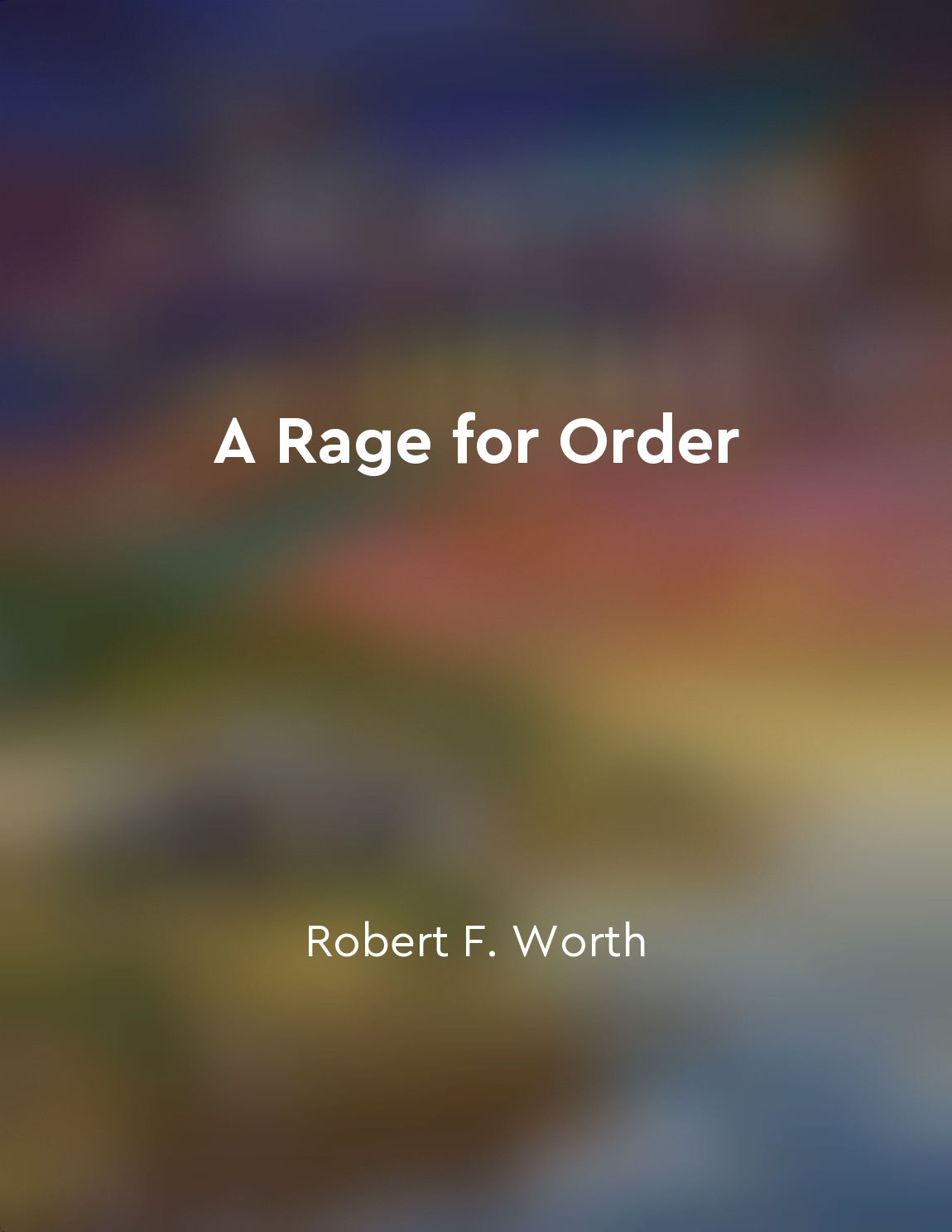Military interventions from "summary" of The Shock Doctrine by Naomi Klein
In times of crisis, whether manufactured or natural, military interventions have become a favored tool of governments and powerful actors seeking to impose their will on vulnerable populations. This strategy is not merely about providing security or restoring order; rather, it is a calculated effort to exploit the chaos and disorientation that follow a shock in order to push through controversial policies that would be met with opposition under normal circumstances. Military interventions are often presented as necessary measures to protect the public and ensure stability, but in reality, they serve as a smokescreen for the imposition of neoliberal policies that benefit a select few at the expense of the many. By using the shock of war or disaster as cover, governments can push through sweeping changes that dismantle social safety nets, privatize essential services, and deregulate industries, all under the guise of "rebuilding" and "restructuring" in the name of progress. The shock and awe of military interventions create a climate of fear and uncertainty that make resistance difficult, if not impossible. In the wake of a crisis, people are more likely to accept drastic measures that would otherwise be rejected, as they are desperate for stability and relief. This vulnerability is exploited by those in power who seek to further entrench their control and advance their agenda under the guise of emergency action. However, the long-term consequences of such interventions are often devastating for the affected populations. Rather than promoting genuine recovery and resilience, military interventions deepen inequality, erode democratic institutions, and perpetuate a cycle of violence and exploitation that leaves communities fractured and disempowered. It is crucial to recognize the true motives behind these interventions and resist the imposition of policies that only serve to benefit the interests of a few at the expense of the many.Similar Posts

Pervasive corruption eroded trust
The widespread corruption in Egypt had corroded the very foundation of trust within society. From the lowest bureaucrat to the ...

The U.S. government's commitment to the war wavers over time
The U.
S. government's commitment to the war in Vietnam was not unwavering. It fluctuated over time, influenced by various fac...

The end of the Cold War did not bring peace
The collapse of the Soviet Union in 1991 did not, as many had hoped, bring an end to conflict and violence around the world. In...
Collective action
In times of crisis, when people are faced with extreme shocks to their lives and livelihoods, it is often the case that individ...
Malala shares the stories of displaced girls around the world
Malala Yousafzai, a young woman who has faced displacement herself, uses her platform to amplify the voices of other displaced ...
Intervention motives include imperialism and control
The motives behind interventions are often shrouded in euphemisms and propaganda. Beneath the veneer of spreading democracy or ...

Vann's idealism clashes with the grim reality of the war
In his fervent belief in the righteousness of the American cause in Vietnam, Vann often found himself at odds with the harsh re...
